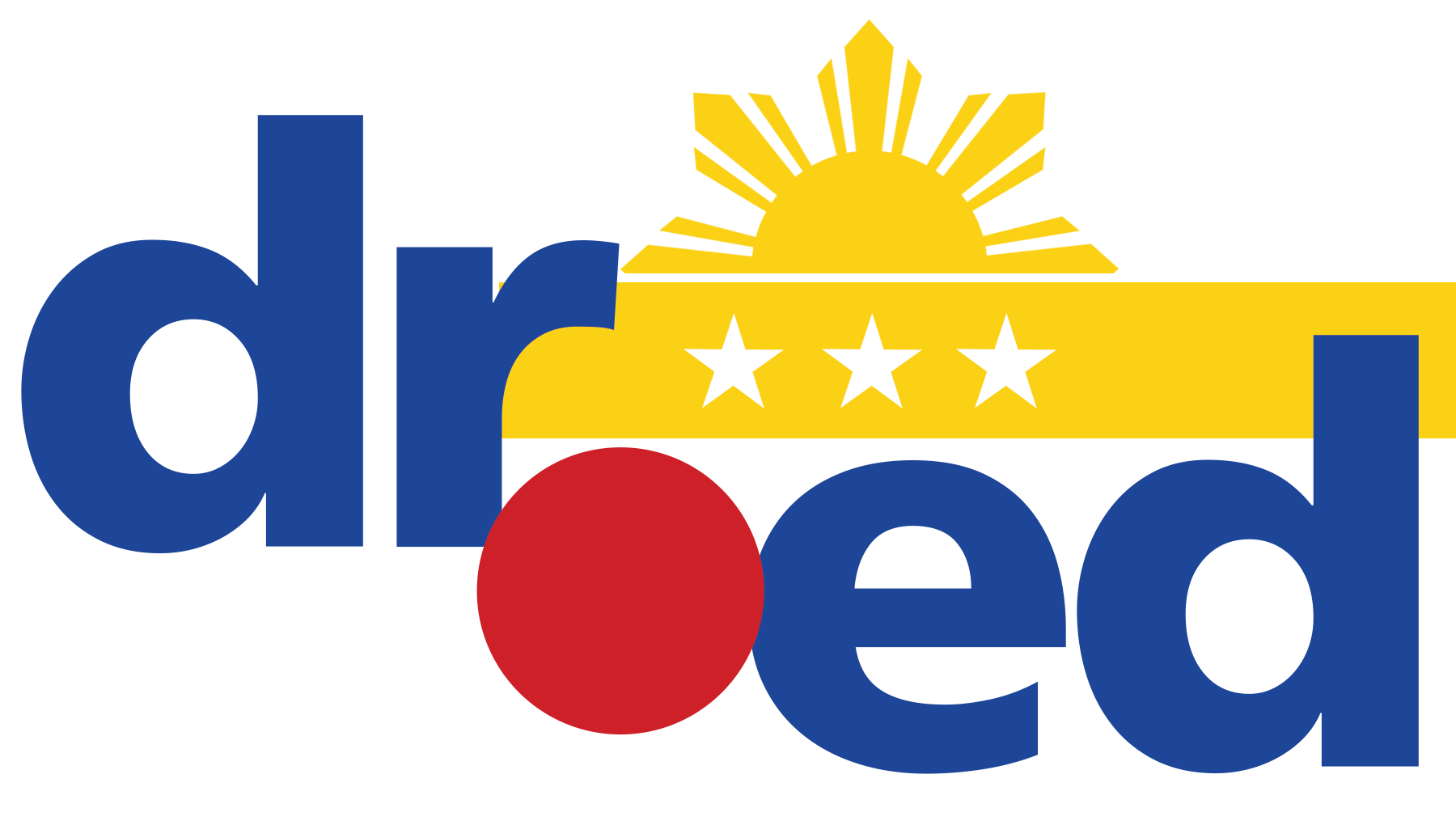Concepts and theories from different authorities in the field of human relations and management are presented in the succeeding paragraphs to give a clearer view on the benefits of teamwork among employees.
Smith, Kendall, and Hulin (1969) suggest that there are five job dimensions that represent the most important characteristics of a job to which people have effective responses.
- Work itself – the extent to which the job provides the individual with interesting tasks, opportunities for learning, and the chance to accept responsibility;
- Pay – the amount of financial remuneration that is received and the degree to which this is viewed as equitable vis-à-vis others in the organization;
- Promotion opportunities – the chances for advancement in the hierarchy,
- Supervision – the abilities of the superior to provide technical assistance and behavioral support;
- Co-workers – the degree to which fellow workers are technically proficient and socially supportive.
Considering the fifth job dimension, as cited above, teamwork plays a role in achieving organization’s goals. As Macaulay and Cook (1995) point out the benefits of teamworking:
Efficient, constructive teamwork needs careful management and application to develop and maintain the group commitment, focus and strength. But once you have it, it will give you a distinctive edge. Many companies have recognized this in their corporate advertisements which emphasize how a whole range of people working supportively together across the globe increase customer satisfaction. A well functioning team is very noticeable to the customer:
- It is supportive and cohesive group on the inside which provides a seamless service on the outside. Everyone helps one another willingly to help the customer;
- It is lively, positive place to be; morale and energy are obviously high;
- New ideas are readily coming forward and are listened to;
- There is a friendly atmosphere and people are open with one another and the customer;
- Information is willingly and freely shared and available;
- Everyone knows what they have to do and they have the confidence that comes from knowing how they are forming;
- Individuals take ownership and responsibility for customer issues;
- Team members work in a positive environment where personal development and contribution are recognized.
Research has always recognized and emphasized the role of teams as they reveal to be important agents for obtaining change (Porras and Robertson, 1992). Teams are also considered essential to overcome and supplement individual skill weaknesses and promote values such as co-operation, increased communication and multi-skilling (Robbins and Finley, 1997). Research in the team’s area has reported that two-thirds of organizations are making use of teams (Lipnack and Stamps, 1997). Teamwork is increasingly viewed as a prerequisite for many job functions within those organizations striving towards TQM (Ho, 2000).

